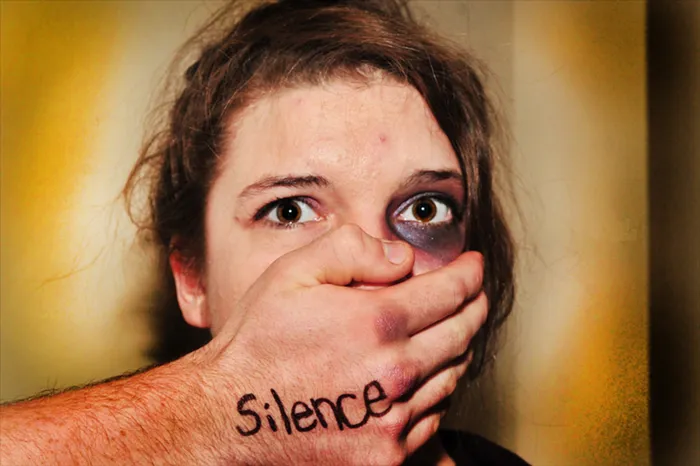‘Rape does not define who I am’

There’s a grey area within the boundaries of sexual consent: If I didn’t say no, was it still rape? Picture: Af.mil There’s a grey area within the boundaries of sexual consent: If I didn’t say no, was it still rape? Picture: Af.mil
For almost 10 years *Megan didn’t have a name for what happened to her in 1995.
“I was watching Oprah and she was chatting to someone about date rape. It hit me like a ton of bricks. I didn’t comprehend at first that it was a form of rape; it took a while to come to terms with it,” she says as she nervously twirls her hair around her fingers.
For years she blamed herself for the incident, justifying it in her mind as it being her fault, and just being in the wrong place at the wrong time.
“I was 15 at the time, and I lied to my parents about where I was.
“A friend and I were invited to this guy’s house party. It was mostly boys there, and we were only three girls. Things started getting out of hand because we were drinking.”
Megan then explains that one thing led to another with a guy she had been flirting with at the beginning of the night, and the next thing she knows, she’s in the bedroom with him.
“It started out playfully, and then he started taking off his jeans. I remember thinking to myself ‘how did I get into this situation?’
“He begged me for sex, and I kept on saying no. Then he became aggressive and locked the door and said he’d only unlock it if I just gave him what he asked for.”
Throughout the ordeal, she felt like she was having an out of body experience: “I felt numb, and just wanted it to be over with.”
“And you know the cheek of it all is that he took the used condom and went bragging to his friends afterwards.”
Disgust, shame and guilt are the emotions she had to deal with.
Now 38, a mom of two and a freelance writer, Megan refuses to let the incident define who she is, and insists that she’s not a victim. But she asked to remain anonymous for the sake of her family. “The only people who know what happened to me is my husband and a very close friend. If my parents found out, it would break their hearts.
Still, there’s a grey area within the boundaries of sexual consent: If I didn’t say no, was it still rape?
By definition, sexual coercion is “when tactics like pressure, trickery, or emotional force are used to get someone to agree to sex”.
It sounds self-explanatory, but it could as simple as coaxing someone to have one drink too many or it can hide in veiled threats.
Mara Glennie, the founder of TEARS Foundation, refuses to sugarcoat it: “Coercive sex is a sparsely used term, and I think we camouflage what’s happening by calling it that. We need to say this is rape.”
A victim of verbal and sexual abuse at the hands of her ex-husband, Glennie then formed the NPO in 2012, which uses technology to empower women and children against sexual and physical abuse.
She uses stealthing (non-consensual condom removing during the act of sex) as an example of coercive sex, saying “whether you knew it or not, and you had sex against your will - it is rape.”
But for many women, they can’t make the connection because the perpetrator is their boyfriend, friend or even their husband.
With their years of experience, TEARS has found young girls seem to be the victims of this type of sexual abuse. “These girls are emotionally blackmailed into a sexual relationship, especially if they’ve had sex with the boy before,” adds Glennie.
She also feels that people don’t know their rights. “Women should know if he feels like sex and you don’t - that’s your right. Your body is your right.”
Victims don’t seem to have much hope in South Africa’s justice system as well. The majority of cases never make it to court, so chances of a conviction are close to zero.
But Glennie says the tide is turning, thanks in part to the #MeToo movement and South Africa's new proposed laws on femicide. “It’s not an area that the world wants to deal with, but now they’re forced to take note.”
She’s hopeful that many more will be prosecuted.
*Not her real name
UCT students help launch fundraiser for pepper spray
Sarah Langa roasted for 'enough is enough' IG post
Amnesty International decries 'alarming levels' of gender-based violence in SA
Good men must fight men who hurt women
Law agencies keep streets safe with 500 arrests
WATCH: ‘Violence against women, children and the LGBTIQ+ is a crisis’